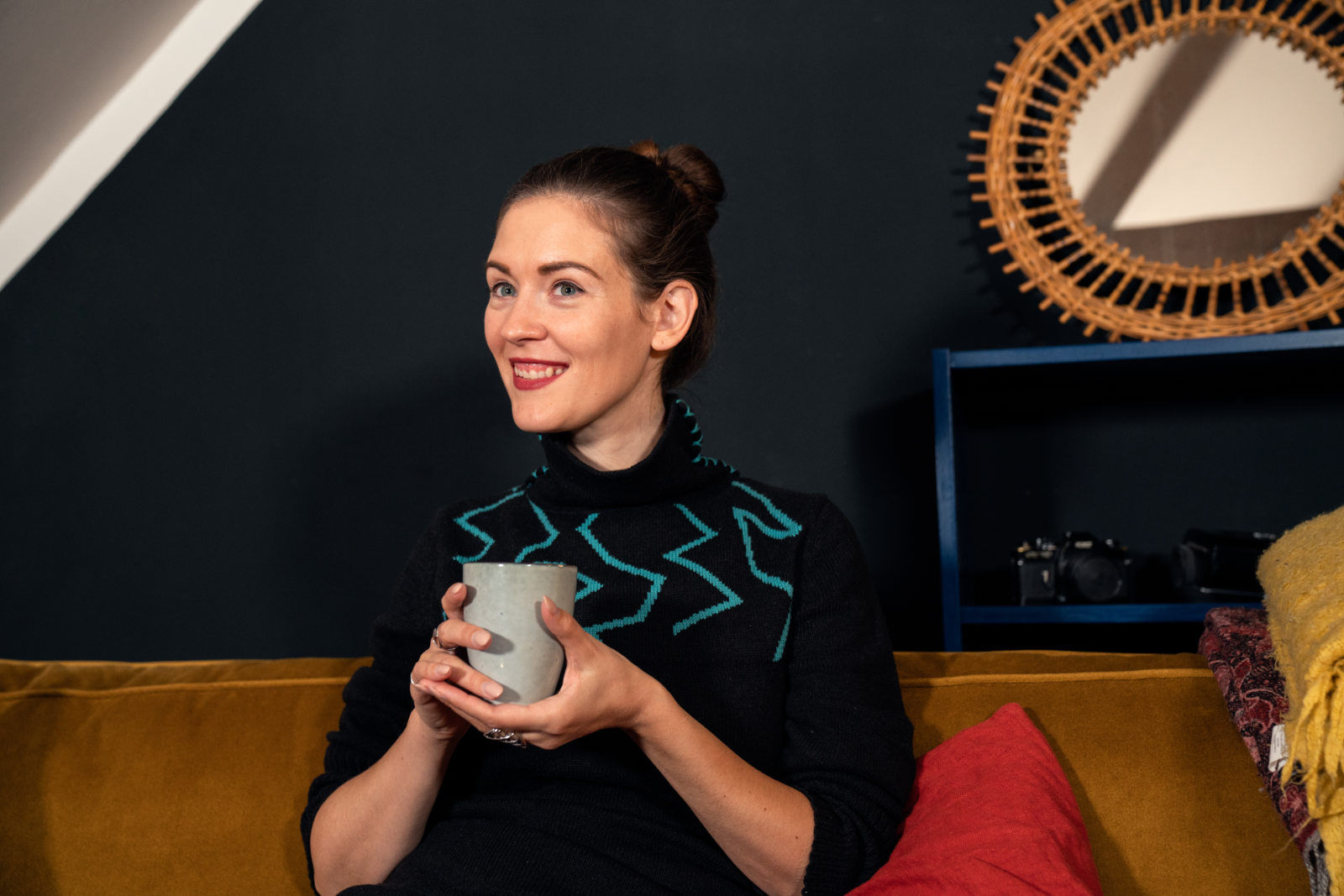
FASHION Victoria Whisker speaks with Berlin-based French designer Justine Leconte, who is passionate about ethical fashion and making sure that labels don’t use the COVID-19 crisis to stop paying their suppliers
First published in the October 2020 issue of Lucire KSA
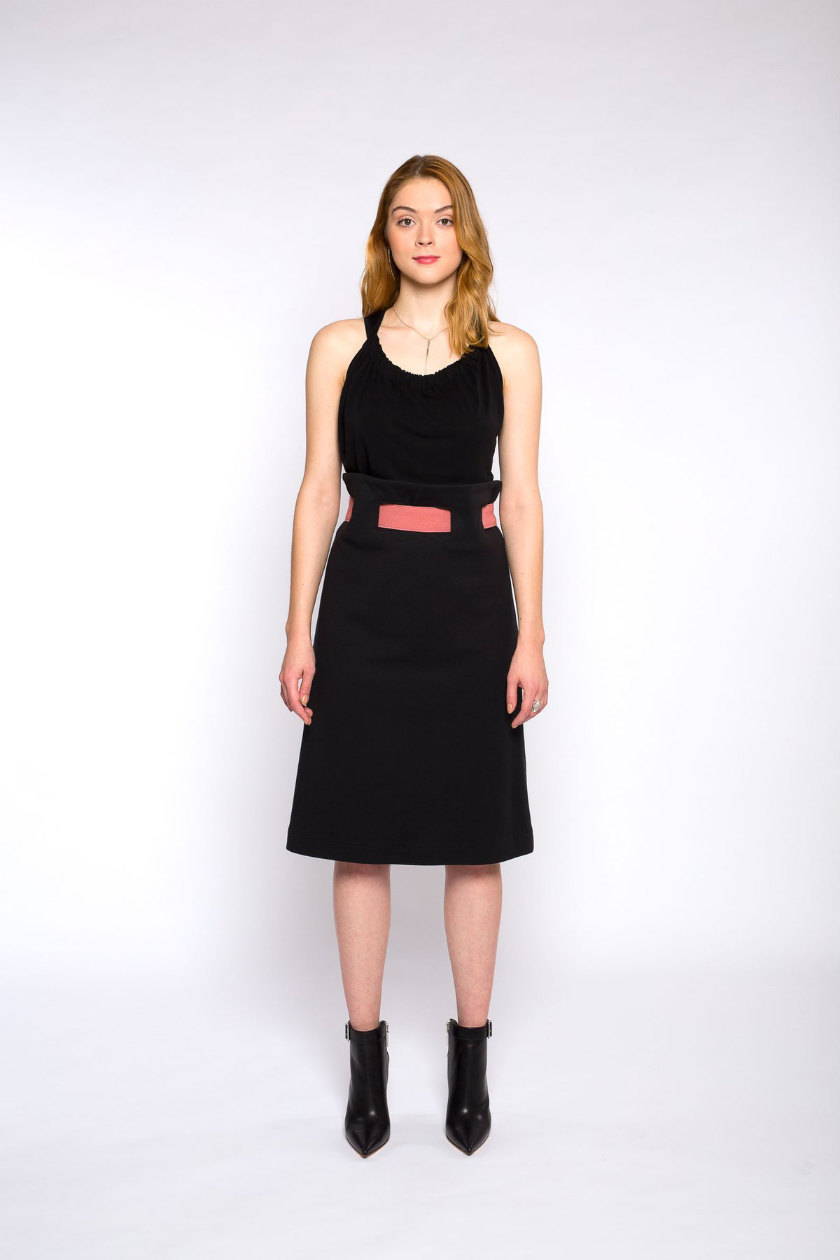
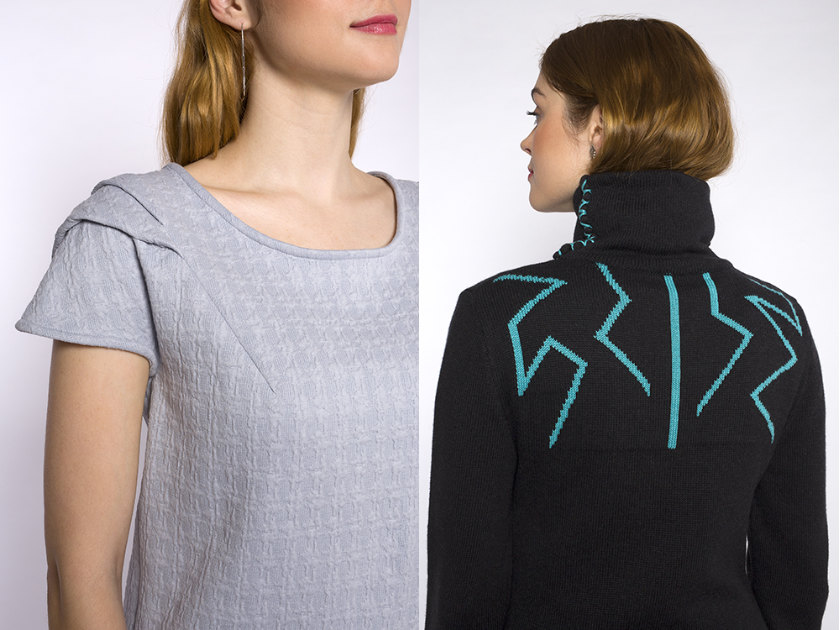
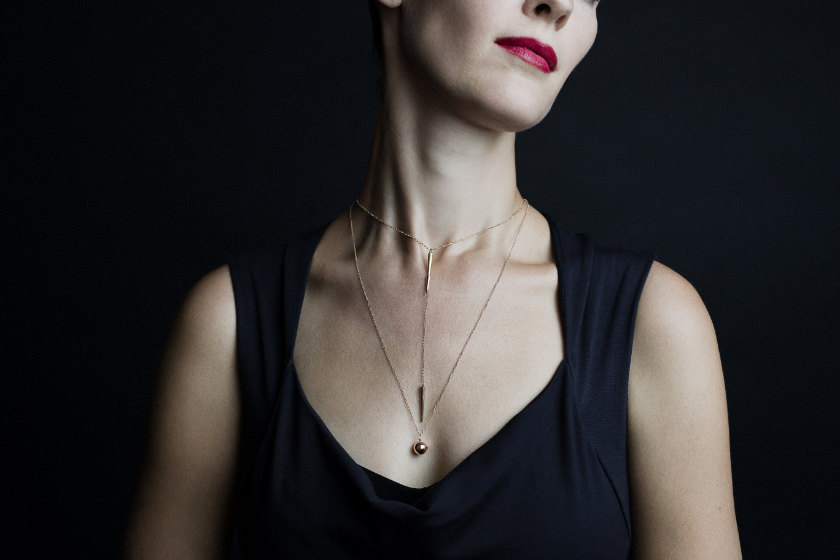 Justine Leconte’s label creates both clothing and jewellery, all eschewing the need to be seasonal and short-term.
Justine Leconte’s label creates both clothing and jewellery, all eschewing the need to be seasonal and short-term.
Victoria Whisker is a writer for Lucire.
On April 23, 2013, the Rana Plaza factory collapse in Bangladesh with over a thousand casualties prompted brands to promise safer building standards. The recession due to COVID-19 has seen garment workers once again at financial risk due to brands cutting costs—the same brands that made empty promises seven years ago.
The government gave compensation to families affected by the 2013 disaster; however, a bailout will not cover the estimated US$40,000 million worth of orders cancelled with COVID-19. The #PayUp campaign calls out brands through social media to pay for orders completed and in production.
Meet Justine Leconte, business management graduate and marketer turned fashion designer and YouTuber, with her eponymous label at justineleconte.com. She uses her platform and knowledge from within the industry to expose brands to pay up for orders completed and in production.
Lucire: How did you get to where you are today?
Leconte: After studying business and working in marketing for years, I wanted to work on the product itself, rather than just marketing it. I went back to uni [Leconte graduated from Parsons in New York] and studied fashion design with the goal of starting my own label and to offer a different approach, based on high quality, fair production and classic shapes that won’t be out of fashion next season.
When did you first learn about fast fashion?
It was a long process, starting with thoughts like, ‘How can a garment be so cheap?’ and ‘How do I have a full closet and yet nothing to wear?’ I slowly became more conscious about my shopping choices. The Rana Plaza factory collapse showed a dark side of the industry and I remember thinking: all right, now every brand will have to reconsider how they treat and pay their workers, because now people know. Unfortunately, fast fashion companies have good marketing teams and keep doing business as usual without having to change.
How does this shape how your fashion label operates?
My business model is simple: the entire process, from pattern-making to fabric sourcing and sewing, takes place in Europe. I design pieces that are timeless, that fit different body types and won’t go out of style. I don’t follow the fashion calendar. The way I operate is the polar opposite of fast fashion. To me, it just feels natural and intuitive to work that way.
How has your education about fast fashion shaped the way you source fabric and pay your sewers?
I source fabric from suppliers who are transparent and up front about their own production process. If you produce fabric in a cheap country and then dye it in Italy just so you can claim ‘made in Europe’, we’re not going to be working together. The same goes for the sewing factories: many of them are trained to sew as fast as possible, skipping steps and simplifying at the expense of quality. It is possible to do all that outside of Europe too, but in the EU the labour laws in place make it easier.
What are two myths about fast fashion you wish more people knew?
One: ‘fast fashion has become ethical’. No. The fact that Primark claims ‘organic cotton’ on one of their product lines doesn’t mean that they pay the garment workers properly or that they are an ethical company overall. Ethics is a fundamental thing that needs to be lived in the entire company, it’s not just a marketing buzzword.
Two: ‘it’s cheaper to buy fast fashion’. In the long term, you will have to replace your clothes more often. It’s part of their strategy: their clothes must go out of fashion, so that every time you enter a fast fashion store, you feel the need to update your wardrobe and buy more.
To what degree do you agree or disagree that the culture of fast fashion is nothing new, COVID has just brought it more into light?
The business model of fast fashion is based on exploiting workers in poorer countries, and then selling the clothes for a very cheap price tag in richer countries. It is only profitable if the costs are kept down. When these business practices are exposed in mainstream media, the pr machines take over, make big statements and end up getting away with it.
Why do you think it takes big injustices of COVID’s #Payup and the Bangladesh 2013 building collapse to bring fast fashion into the conversation?
When a human catastrophe happens and the news goes viral, people become aware of the issue and start questioning their own shopping behaviour. That’s why information is power. I started a YouTube channel for that exact purpose: sharing my insight and knowledge about the industry with anyone interested in learning more about it. The #Payup campaign forced fast fashion companies to pay for the work as many bailed out of their contracts when covid started, leaving millions of garment workers without a wage.
As a consumer, how can we be more conscious of brands who are “greenwashing” their brands in order to appear more sustainable than they actually are?
Ask questions, demand transparency and look for red flags: does a brand disclose where they source? Where do they produce? Fast fashion companies try to avoid these questions because they know that their business isn’t clean. A brand that operates ethically will have no problem disclosing that kind of information.
How much is it up to us to educate and do our research on brands, versus brands being held legally to transparency?
Both things help, but as a consumer you have the bigger leverage. Sticking to the example of Bangladesh: apparel production is a huge part of their exports, which makes the country’s economy dependent on the work received from international apparel companies. If the laws increase the minimum legal salary or implement higher security measures at the workplace, will the factories not lose some business? It’s a balancing act for them.
What change would you like to see in fast fashion?
Frankly, I think it is a form of exploitation of poorer countries by richer countries and I hope it disappears. And to the people who argue, ‘But I can’t afford anything else!’, I want to say that before the concept of fast fashion existed we simply owned fewer clothes of better quality. And we made some of our clothes ourselves. And we bought second-hand clothes.
Buying sustainable and ethical clothing often comes with economical privilege. What are the ways we can inform yet not shame people who shop fast fashion out of necessity?
Second-hand shops and exchange forums allow consumers interested in changing their shopping habits to start with a minimum budget.
The factory workers are underpaid, yet before COVID hit many had incomes. What do you believe will happen to them now?
Many workers have already lost their jobs and they can’t sustain their families anymore. I hope that governments in these countries will realize how essential it is to protect the workforce for uncertainty and to plan for long-term stability rather than for short-term profit. The entire apparel industry must be rebuilt on a new basis. •
This interview has been condensed.
Quick six for Justine Leconte
Favourite food
Mango and tamarind fruits
Currently reading
Big Magic [by Elizabeth Gilbert]
Holiday destination
My trip to Perú earlier this year: I learnt a lot about hand-knitting and hand-weaving, and the country itself is stunning.
Fashion trend from winter 2020
This year, the trend will clearly go towards more timeless and casual fashion, with an emphasis on textures that feel cozy and reassuring.
Best piece of advice you received
‘In life, you can do whatever you want. But do it well.’
What is your style philosophy?
The thing is that French people try to dress in an individual way, so no one wants to be categorized.
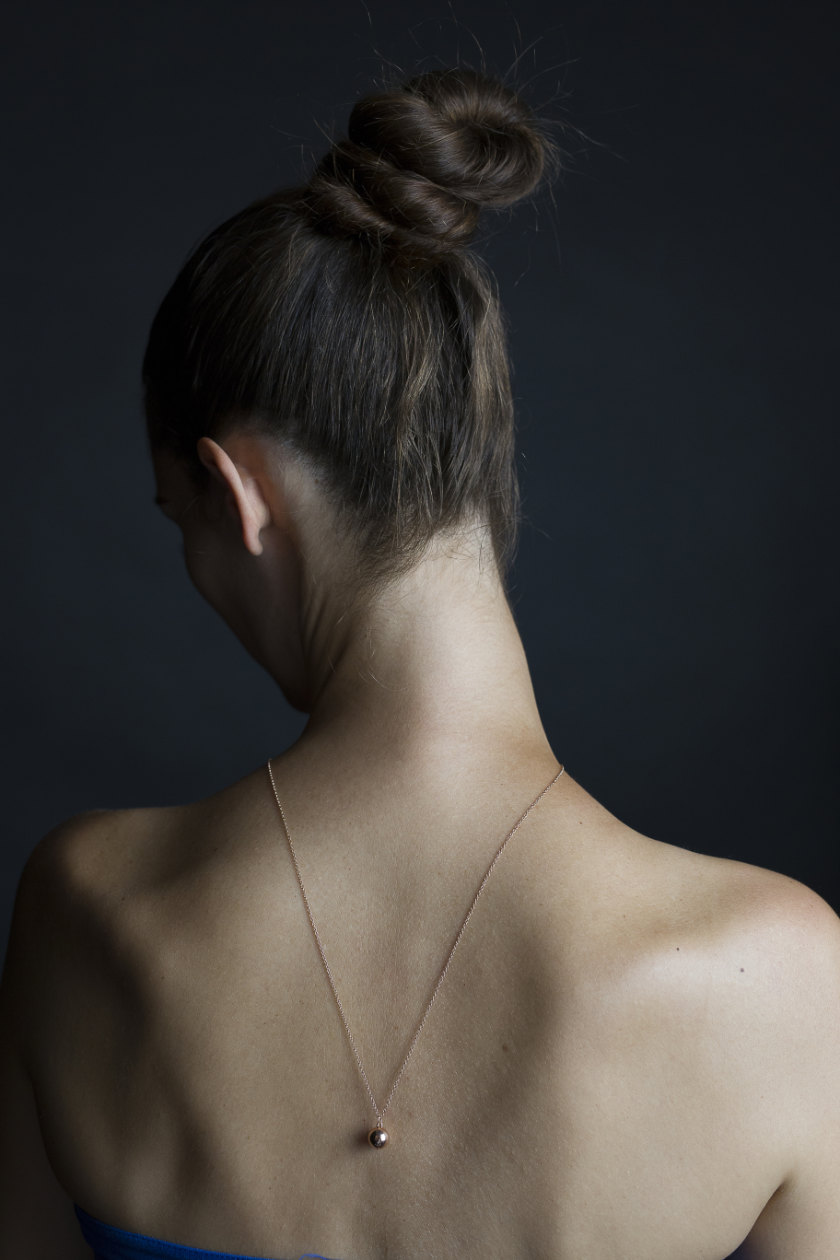


Related articles hand-picked by our editors
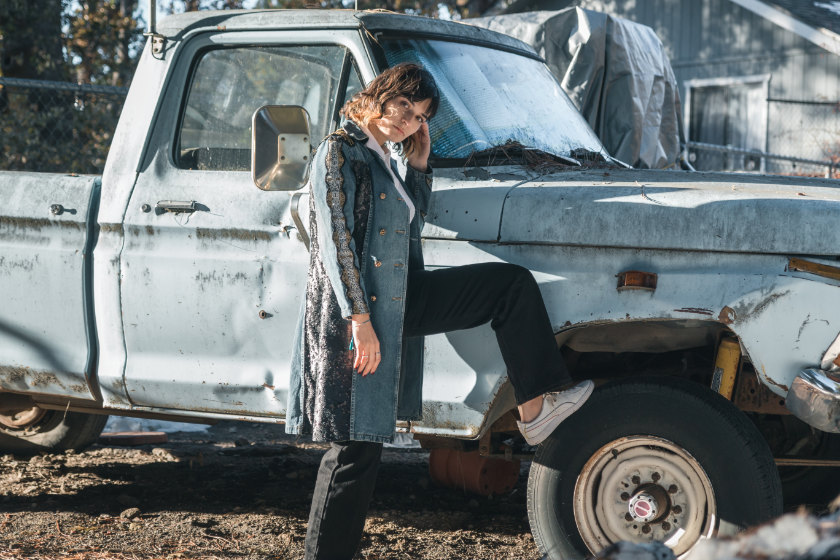
Denim hits high gear
Declare Denim’s unique, handmade denim jackets are conscientiously and sustainably put together for those who consider themselves disruptors and part of a cultural shift. Jack Yan interviews its founder Clare Hamilton
Photographed by Matthias Carette
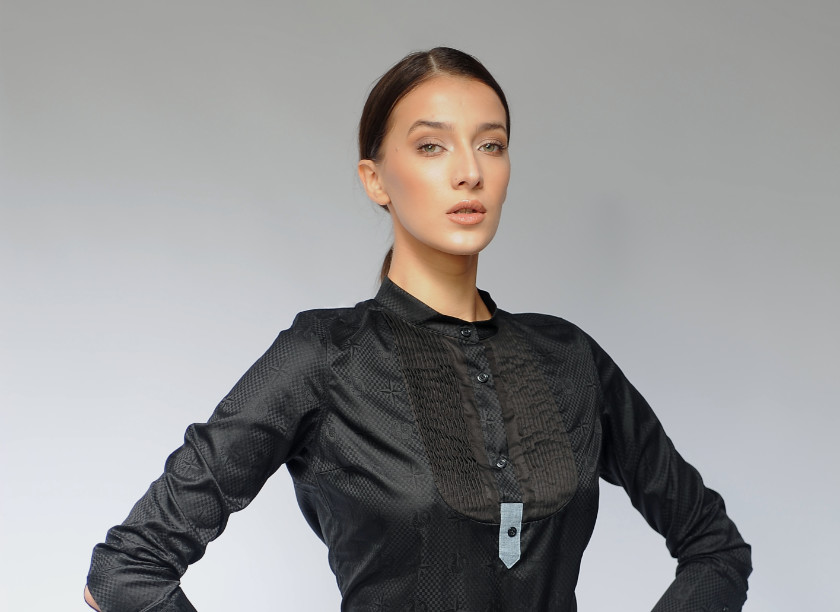
Classic with a twist
Karnit Aharoni lived and worked all over the world before deciding to create her luxury designer label in France. She tells Jack Yan her story and her approach to creating fashion
Photographed by Greg Alexander
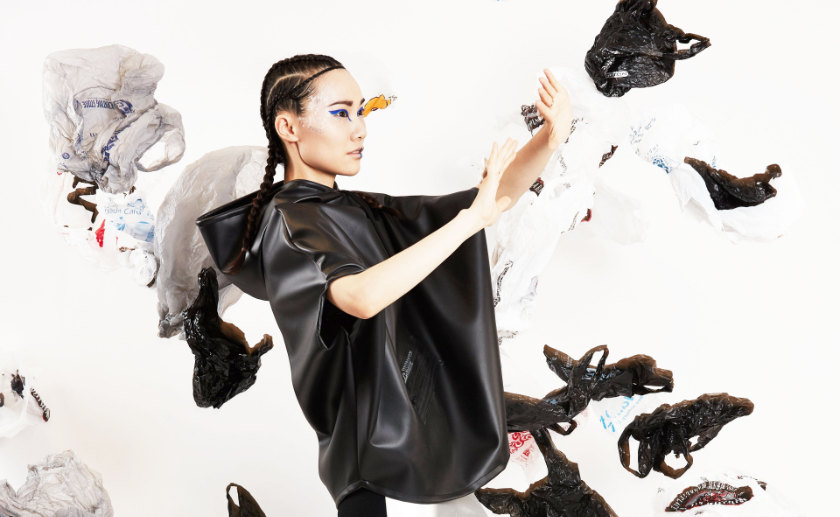
Halo effect
Malaika Boysen Haaning, the designer behind Malaika New York, differentiates her label through its commitment to zero waste. Jack Yan interviews the Danish-born, US-based designer
First published in the April 2020 issue of Lucire KSA
Advertisement
Copyright ©1997–2022 by JY&A Media, part of Jack Yan & Associates. All rights reserved. JY&A terms and conditions and privacy policy apply to viewing this site. All prices in US dollars except where indicated. Contact us here.